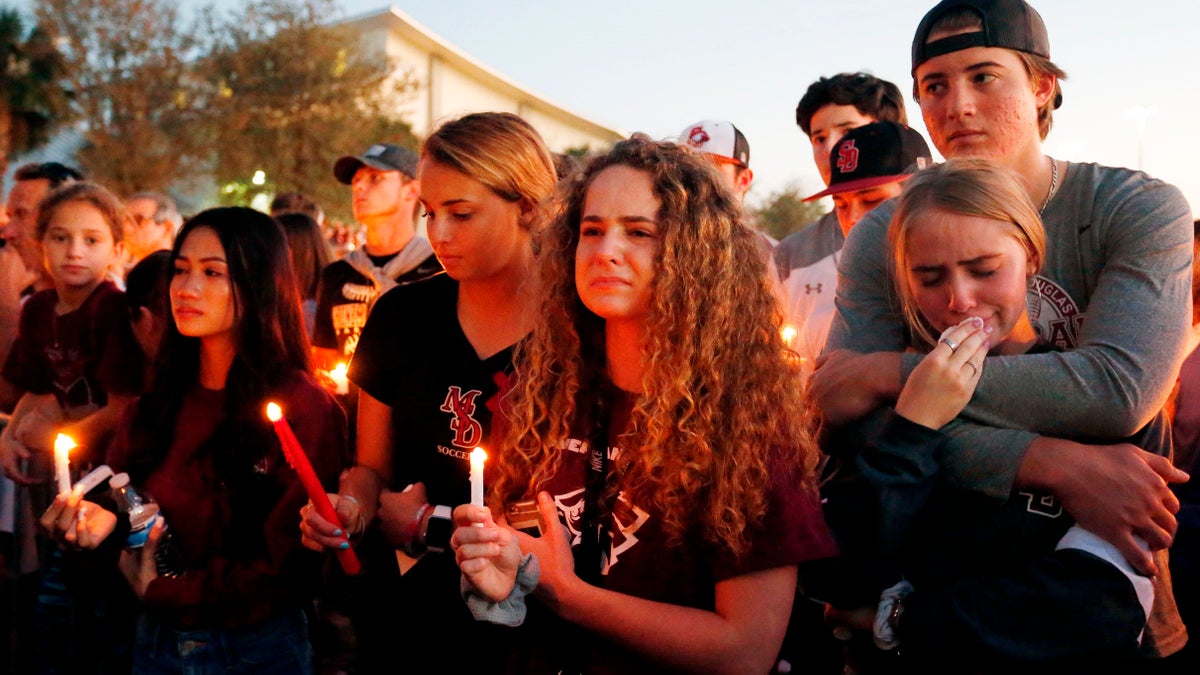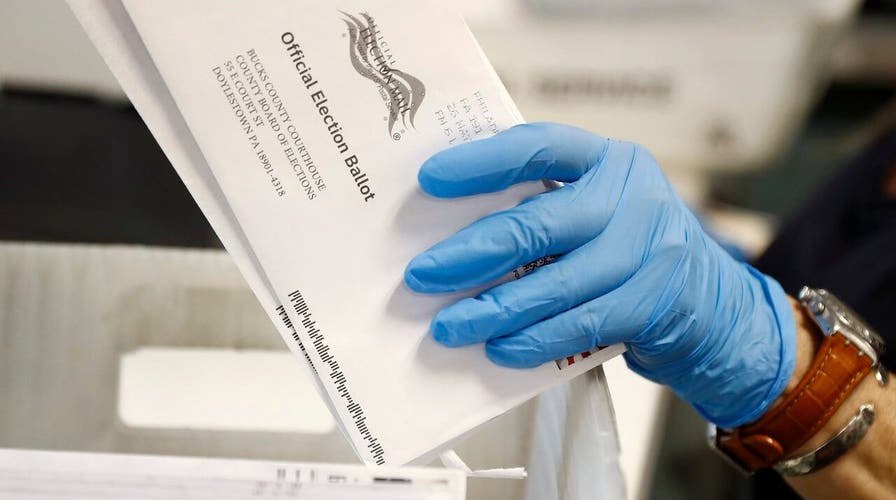Fox News Flash top headlines for September 11
Fox News Flash top headlines are here. Check out what's clicking on Foxnews.com.
More than 13,000 Americans were born into a world of turmoil on Sept. 11, 2001.
Members of Generation Z — those born in 1996 or later -- were initially dubbed "Homelanders," a moniker associated with their birth, the creation of the U.S. Department of Homeland Security and the more-than-a-decade-long “War on Terror.”
Now, 19 years later, many of those children have graduated from high school and are, once again, stepping out into an uncertain future.
DEMOCRATS DOMINATE MAIL-IN BALLOT REQUESTS IN KEY SWING STATES
In the middle of a global health crisis, an economic recession and a series of horrific natural disasters, they are able to vote in a presidential election for the first time.
Together, "Gen Z" and millennial voters will account for 37% of eligible voters this year, according to a study by Pew Research.
Examination of detailed age data released by the Census Bureau earlier this year revealed that more than half of the nation’s total population are now members of the millennial generation or younger.

Mourners react during a candlelight vigil for the victims of the Marjory Stoneman Douglas High School shooting in Parkland, Florida on February 15, 2018. (RHONA WISE/AFP/Getty Images)
As of July 2019, the combined millennial, Gen Z and youth voters totaled 166 million -- or 50.7% of America's population. That's a larger count than the 162 million people associated with the combined Gen X, baby boomer, and older cohorts.
Electorally, as The Economist reported this month, 2020 will likely be the last stand of baby-boomer politics.
By November, Gen Z is expected to account for 1 out of every 10 votes and a recent NextGen America poll showed 50% of voters aged 18-24 were planning on voting, up 10% from a similar poll in 2016.
While younger voters tend to lean left, the 67 million children of Gen Z have grown up in a different social and political climate than even younger millennials.
With lives marked by tragedies of the 2010s such as the shootings at Sandy Hook Elementary School and Marjorie Stoneman Douglas High School, memories of the early 2000s are hazy, as they are for most young millennials.
More than 300 of America’s 9/11 babies never made it to their 19th birthday, according to a Thursday report in Politico.
They were 15 when President Trump clinched victory over Hillary Clinton four years ago. Since then, politics have permeated their lives, in part through social media platforms.
Their dominant media are Instagram, Snapchat, TikTok, and iTunes podcasts, while many in older generations continue to post Facebook updates, read the paper, and watch the evening news.
They're diverse. Gay marriage has been legal somewhere in the country for nearly half of their lives.
In addition, while many do align themselves with Democrats, Gen Z also includes plenty of Independents and Republicans.
This year, amid the backdrop of nationwide protests against racial inequality and the devastating COVID-19 pandemic, more Gen Zers are uniting behind causes than ever before.
CLICK HERE FOR THE FOX NEWS APP
"We could be in a rough patch for a while, but in the end, collectively, we will figure it out and get back on track, because that’s what we’ve done," said Ticonderoga, New York's Kiiran W., one of the 9/11 babies interviewed by Politico. "After 9/11, it was a very tragic event -- no one’s life has been the same since -- but as a country, we grew from that and we’ve built from it."













































